Biology is involved in everyday life like a womb to the fetus. The industry fields of food, environment, health, and agriculture would not exist without advancements in biology, and all of them require workers skilled in basic biosciences. The BSEB biology practicals are particularly useful in building your hands-on bioscience skills.
And so, today we will discuss the BSEB biology practical syllabus. This will include the practical course curriculum, its marks distribution and structure, list of experiments and observations, and we’ll also tell you how you can get the right goods to do all that. Since many schools do not choose to complete the full syllabus, you can use this list to go over and check out what you know and what you don’t know. Because make no mistake ‒ in your career in the bioscience line, you will need to know all of them.
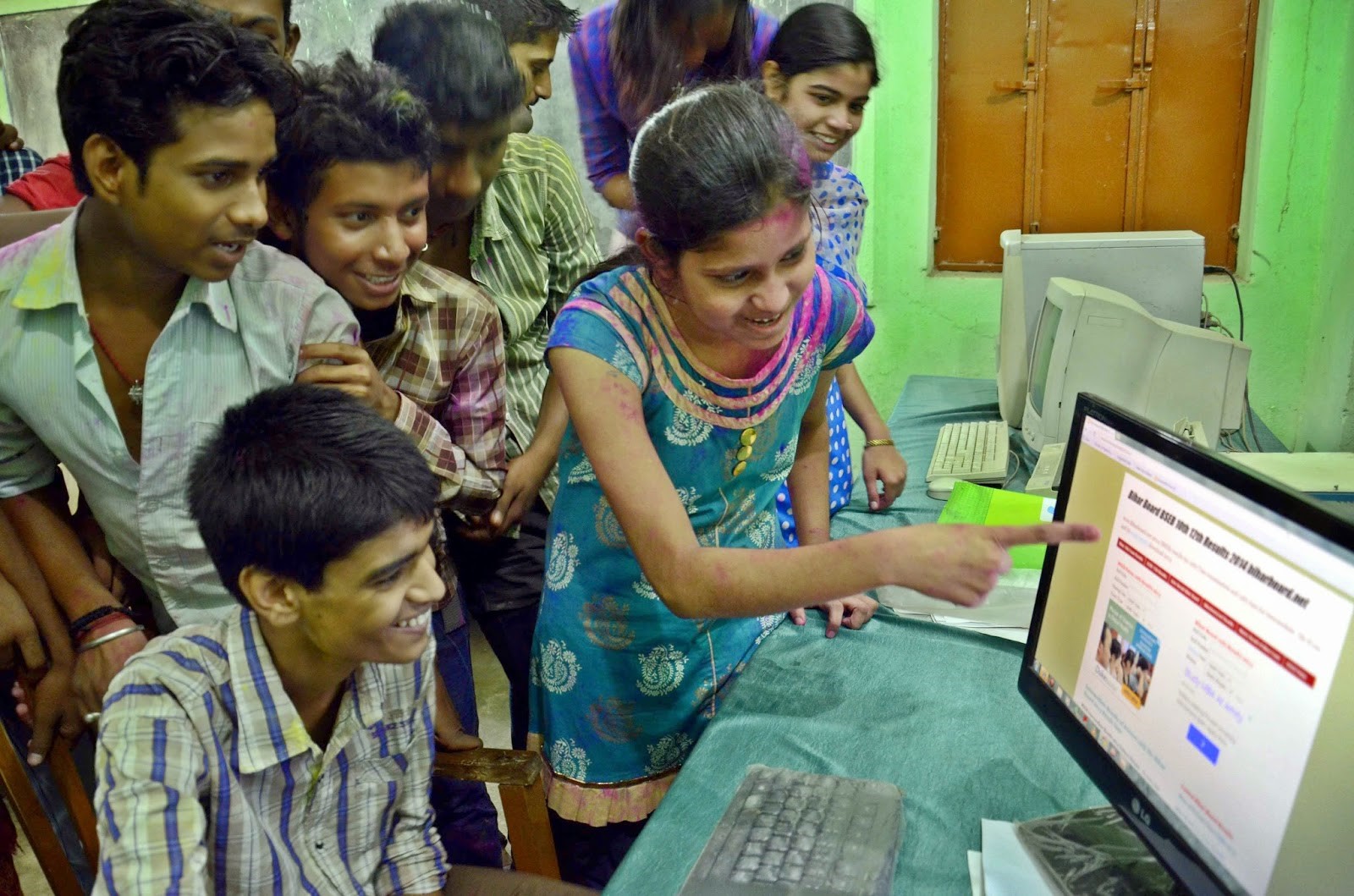
The Bihar State Examination Board conducts everything related to education in the state, known as BSEB to most people. The bihar board official website is found online here: http://biharboardonline.bihar.gov.in/ . They have made a very comprehensive biology syllabus for classes 11 and 12, also known as the intermediate level. The biology board exam practicals are generally held in January or February of each year, and so you need to start completing the curriculum from now on. Labkafe Tutorials can help you with that.
BSEB Biology Practicals for Class XI
The Bihar board biology practical examination holds 30 marks for three hours of practical work that is distributed in the following way:
- 1x major experiment ‒ 5 marks
- 1x minor experiment ‒ 4 marks
- Slide preparation ‒ 5 marks
- Spotting work ‒ 7 marks
- Practical record and viva ‒ 4 marks
- Project work record and viva ‒ 5 marks
(The last two can be augmented with credit of the student over the year)
Major Experiments
- Study, dissect, and describe the following:
- Flowering plants ‒ solanaceae, fabaccae, liliaceae. If these are not available in a particular location, substitute these with poaceae, asteraceae, and brassicaceae. Dissect and display the floral whorls, anther, ovary, number of chambers, with floral formulae and floral diagrams.
- Roots ‒ tap and adventitious
- Stem ‒ herbaceous and woody
- Leaf ‒ arrangement, shape, venation, simple, compound
- Potato osmometer experiment ‒ study osmosis.
- Macro nutrient tests ‒ find sugar, starch, protein, and fat in plant and animal materials.
- Paper chromatography test ‒ for leaf and flower extracts.
Minor Experiments
- Transpiration experiment ‒ compare the rate of transpiration in the upper and lower side of a leaf.
- Respiration experiment ‒ study how respiration occurs in flower buds, leaf tissue, and germinating seeds.
- Urine test ‒ test for the following substances in a urine sample:
- Urea
- Sugar
- Albumin
- Bile salts
Slide Preparation Part A
- Take a transverse section of the following and study under a microscope:
- Dicot roots
- Monocot roots
- Primary stems
- Study how plasmolysis occurs in Rhoeo leaf epidermal peel.
- Investigate how stomata are distributed in the upper and lower surfaces of a leaf.
Spotting Work
Study and observe the following.
- Identify and learn the functions of the various parts of a compound microscope.
- Learn to identify the following specimens, virtual specimens, models or prepared slides with reasons:
- Bacteria, Oscillatoria, Spirogyra, Rhizopus, mushroom, yeast, liverwort, moss, fern, pine, one monocotyledonous plant, one dicotyledonous plant, and one lichen.
- Amoeba, Hydra, liver fluke, Ascaris, leech, earthworm, prawn, silkworm, honeybee, snail, starfish, shark, rohu, frog, lizard, pigeon, and rabbit.
- Study the diversity of various plant and animal tissues using prepared or temporary slides:
- palisade cells, guard cells, parenchyma, collenchyma, sclerenchyma, xylem, phloem, squamous epithelium, muscle fibers, and mammalian blood smear
- Mitosis of cells: study it from onion root tip and grasshopper (using prepared slides).
- Observe and learn to recognize the different types of modifications in leaves, stems, and roots.
- Learn to identify different types of inflorescence including cymose and racemose.
- Observe imbibition in plant seeds and raisins.
- Learn to set up the following experiments:
- Anaerobic respiration
- Phototropism
- Effect of apical bud removal
- Study the skeletal structure of the human body with dissectable models and images.
- Study the external morphology of cockroaches using virtual images and models.

BSEB Biology Practical Syllabus for Class XII
The time and marks distribution of the Bihar board biology practical exam for class 12 (intermediate second year) is just the same as it is for class 11. The list of experiments and observations is given below.
Experiments
- Observing pollen germination on a temporary slide.
- Soil analysis ‒ study the texture, moisture content, pH, water capacity, vegetation type, etc. of soils found at different sites.
- Water analysis ‒ study the pH, clarity, and lifeforms found in water collected from different sites.
- Air analysis ‒ study the quality of air and suspended particulate matter found in air from two very different sites (one rural/non-inhabited area and one urban/industrial zone).
- Quadrat method:
- Count plant population density in a given forested area.
- Count plant population frequency in a given forested area.
- Prepare and mount an onion root tip cell sample on a slide and study mitosis under a microscope.
- Observe the effect of salivary amylase on starch under different temperatures and different pH conditions.
- Extract DNA from three different locally available plant materials.
Spotting Work (Identify with Reasons)
- Different adaptations of flowers for different pollination methods (by wind, birds, insects).
- Study the pollen germination on stigmas by using a prepared slide.
- Use prepared slides to study transverse sections of testis and ovary to understand stages of gamete formation, from grasshoppers and mice.
- User prepared slides to study meiosis in onion blood cells and grasshopper testis.
- Study a transverse section of a blastula from a mammal using prepared slides.
- Study Mendelian inheritance from seeds of different colors and sizes of the same plant.
- Study prepared pedigree charts to understand how genetic traits traverse through generations (rolling of tongue, blood groups, ear lobes, widow’s peak and colorblindness).
- Emasculation, tagging and bagging for controlled pollination.
- Study prepared slides or specimens of common disease-causing organisms ‒ ascaris, entamoeba, plasmodium, fungus, ringworm, etc.
- Study 2 plants and 2 animals found in xeric conditions and how their bodies adapt to the environment using virtual models or images.
- Study 2 plants and 2 animals found in aquatic conditions and how their bodies adapt to the environment using virtual models or images.
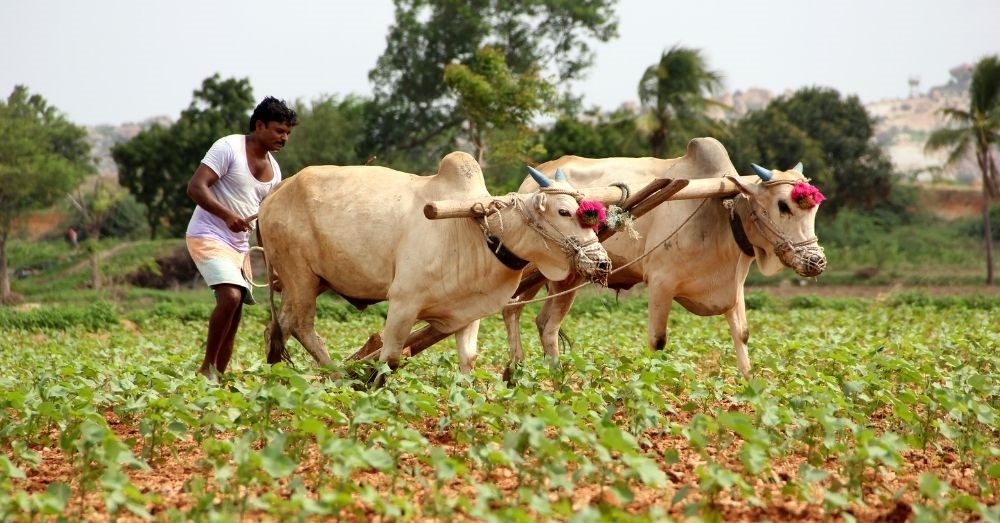
How to Perform Bihar Board Biology Practicals
As state board syllabi go, the Bihar board biology practical syllabus is pretty good. They have made an all-rounded collection of topics of biology that students will need to understand in the transitive intermediary stage. The syllabus promotes understanding of the basics of biology as well as notions of the more advanced concepts. It creates familiarity with various forms of life, macro or microscopic, and it advances rational thinking and hands-on learning methods.
To perform the above experiments and observations, you will need two sorts of things ‒ proper lab furniture and needful lab equipment . A biology laboratory consists of a wet lab setup, and the syllabus calls for some very specific lab models, equipment, apparatus, glassware, and consumables. You can painstakingly list them out and purchase them one by one ‒ but that’s really a huge thing to undertake.
Fortunately, there is an easier way. Labkafe’s BSEB Biology Lab package consists of all the labware you need to perform the BSEB biology practical experiments and observations. It is specifically designed to meet the affiliation requirements of the Bihar board education system. And what’s more, this preconfigured lab package is also flexible and you can customize it to fit your institute’s needs perfectly.
To be sure, Labkafe also provides preconfigured affiliation packages for other subjects as well, like physics, chemistry and geography. Armed with Labkafe’s lab packages and the excellent Bihar board syllabus, any school can churn out well-trained and well-skilled youngsters suited to fit future India. Call us today to get the best rates for your shiny new laboratory!
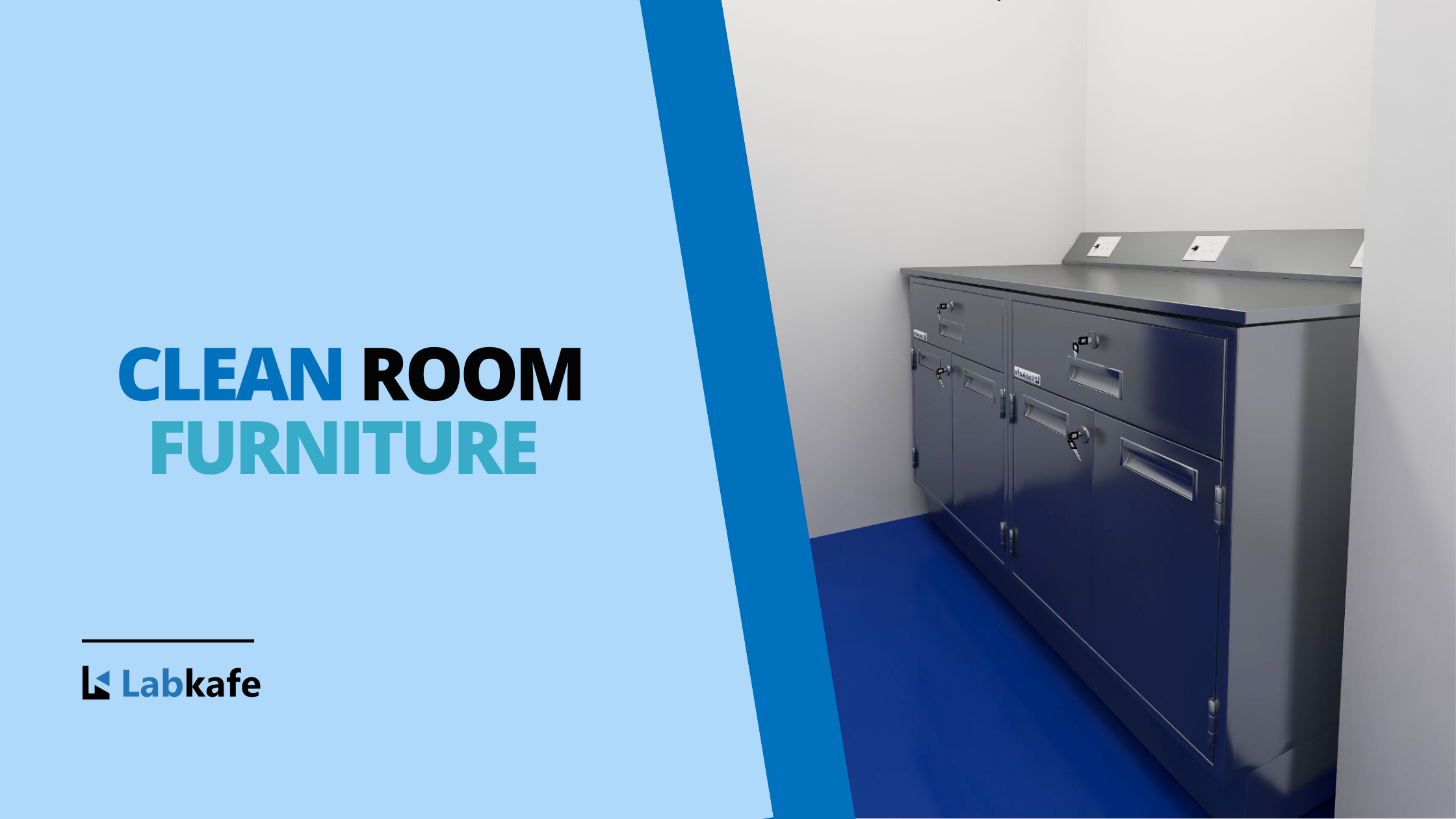

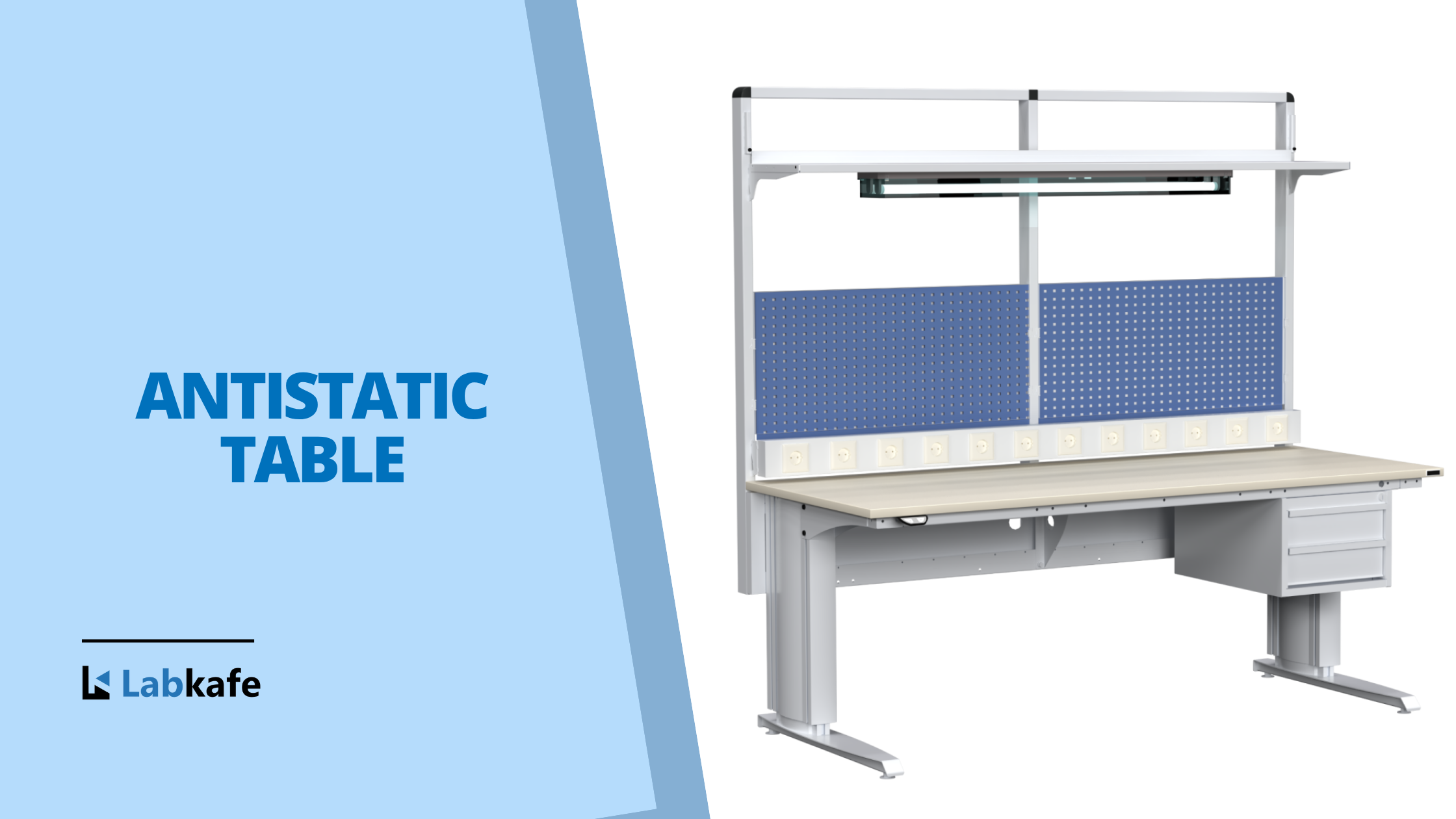
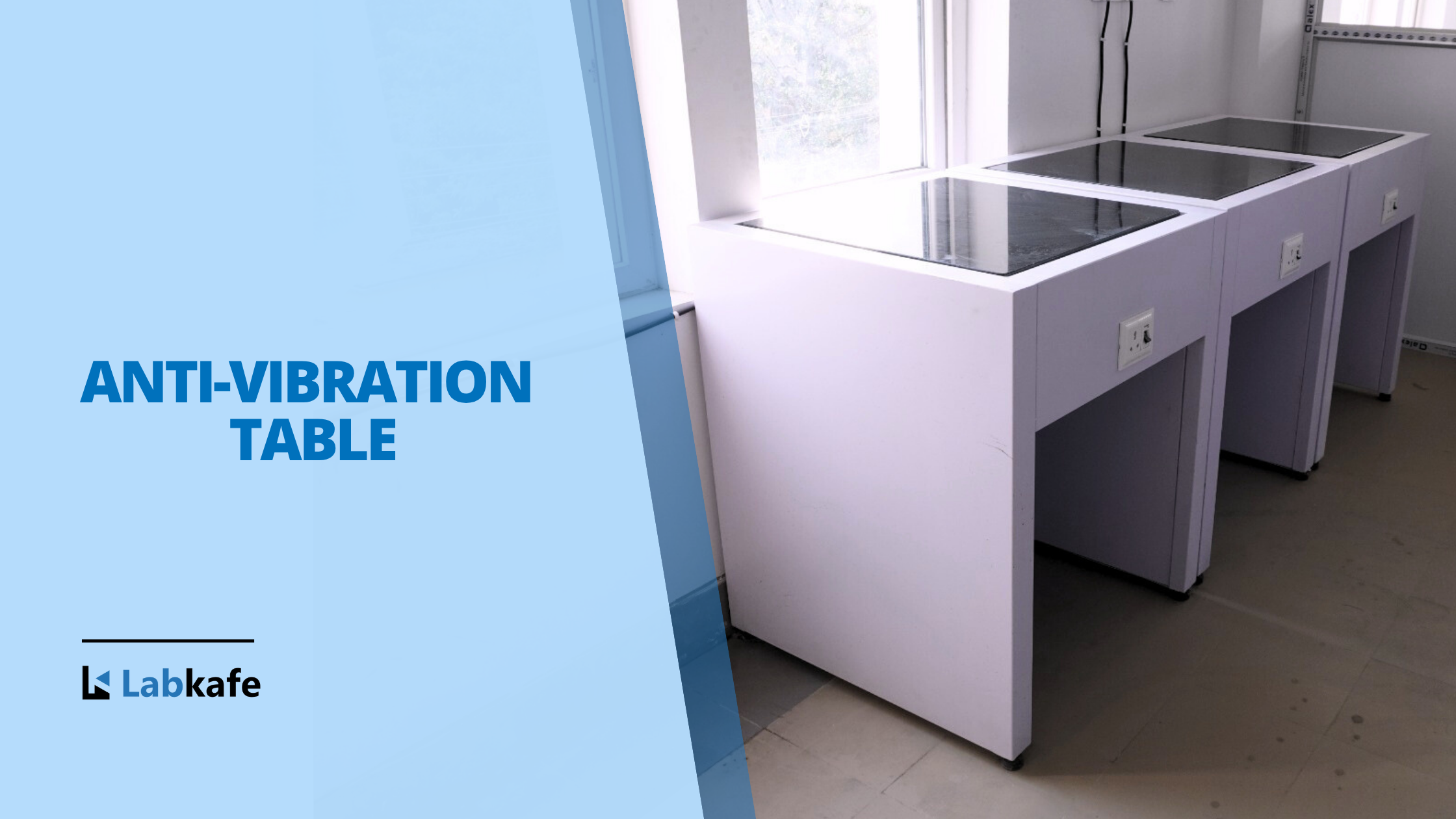
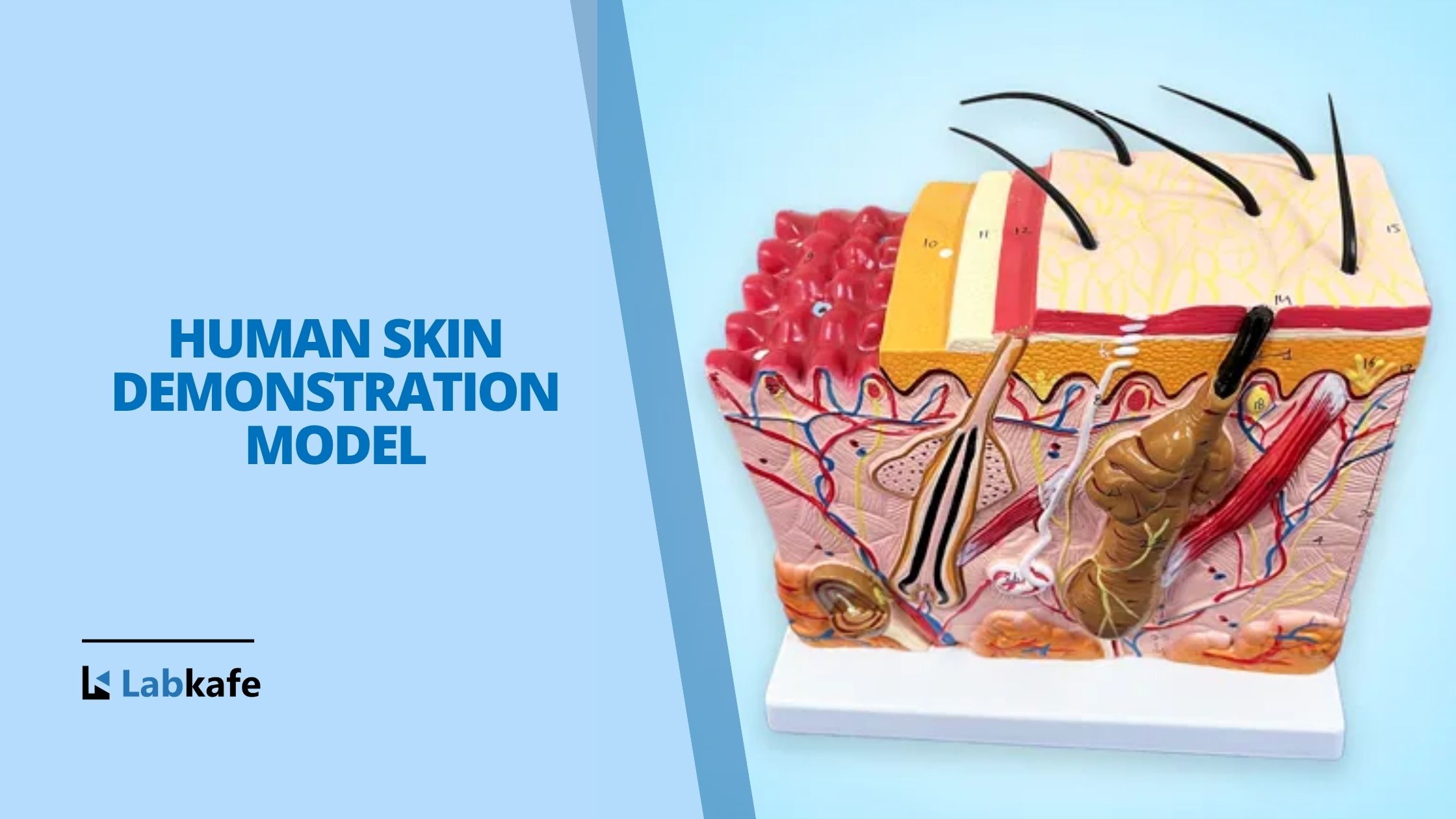

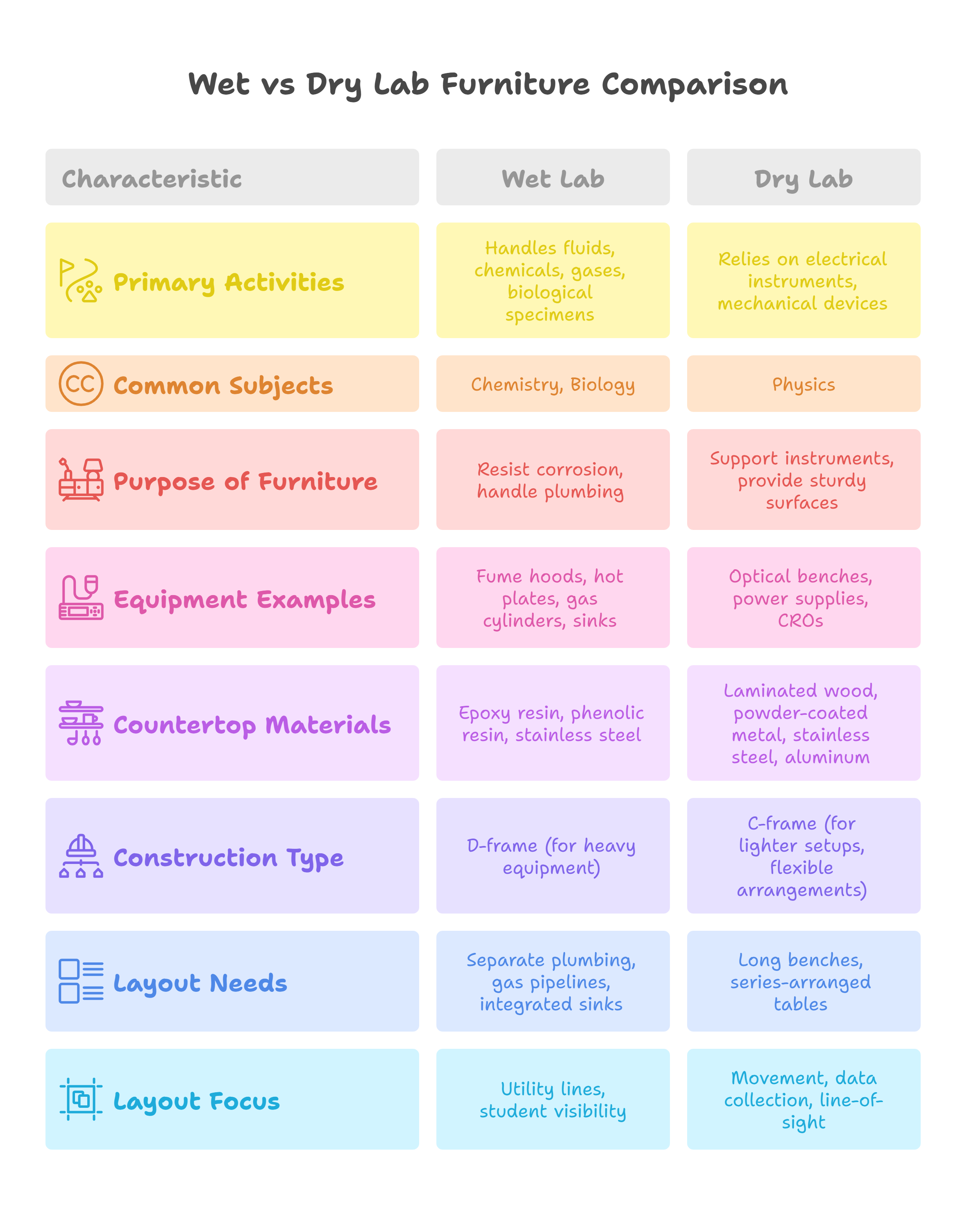
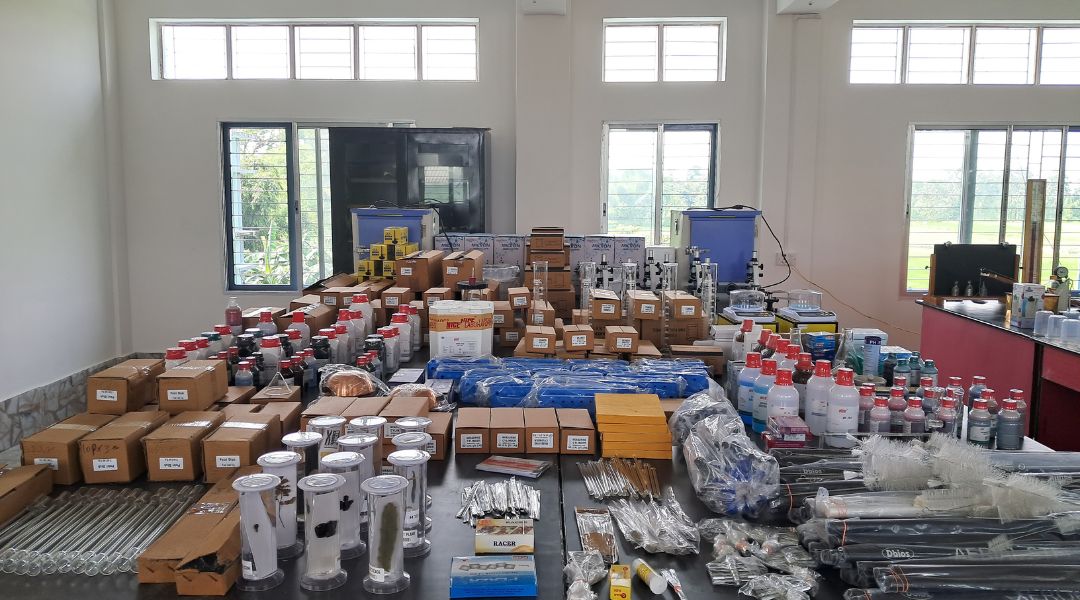
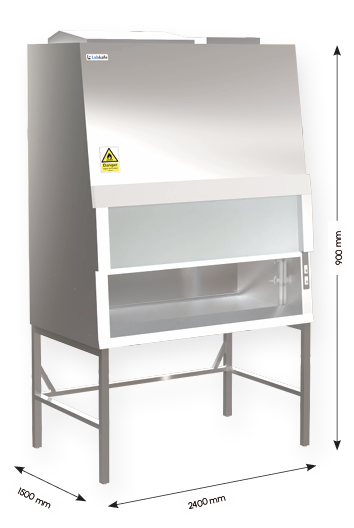
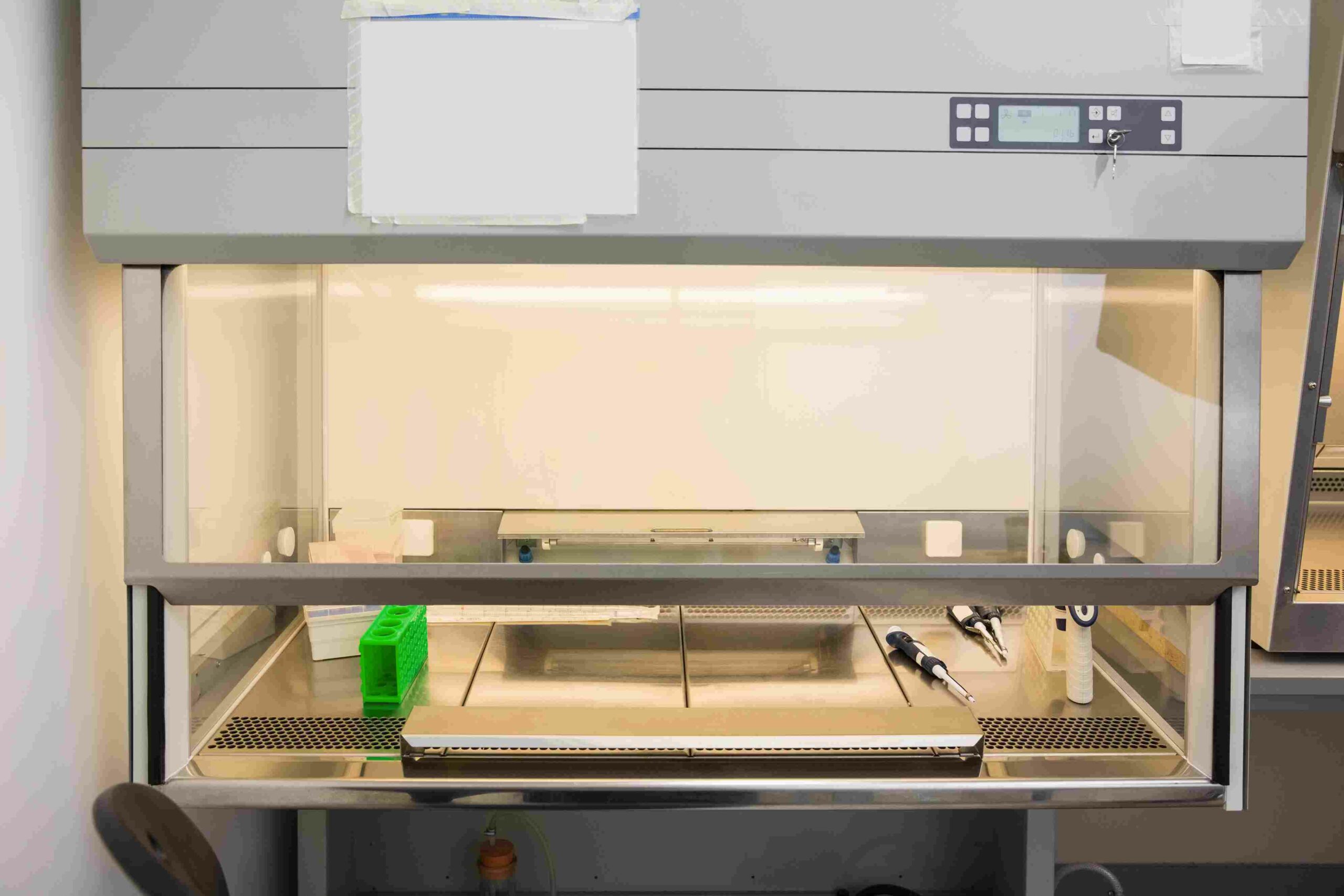
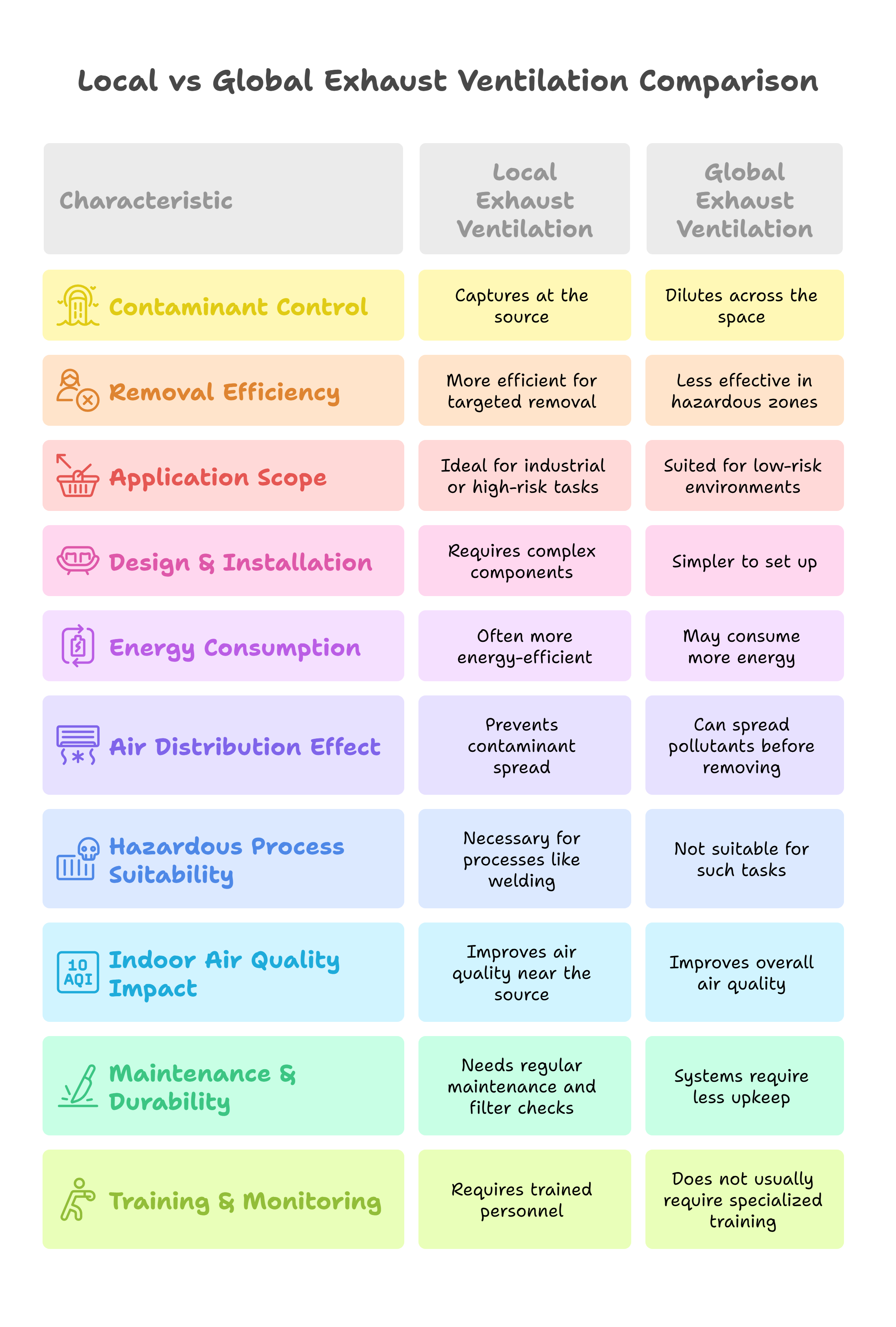
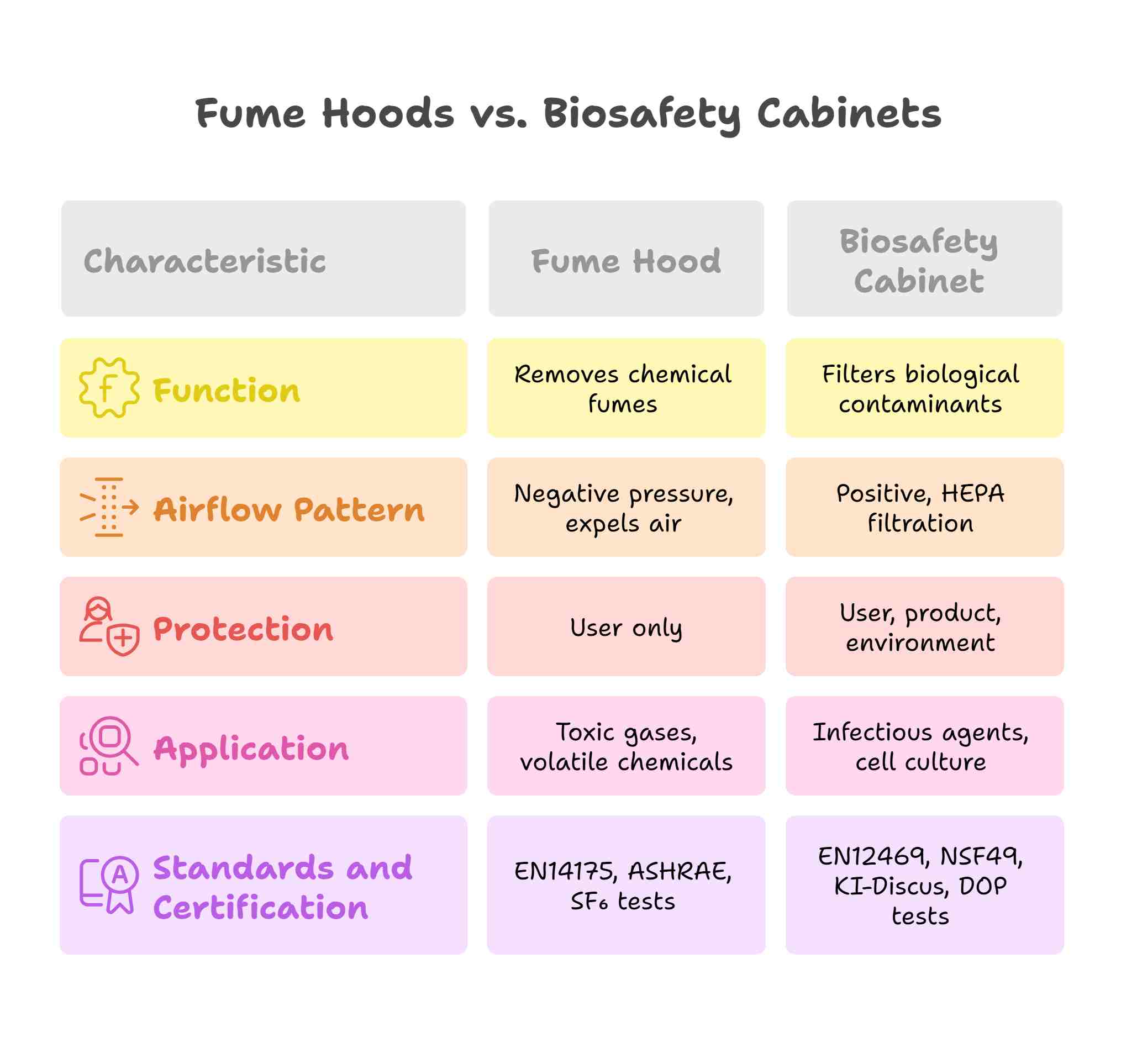
Leave a Reply